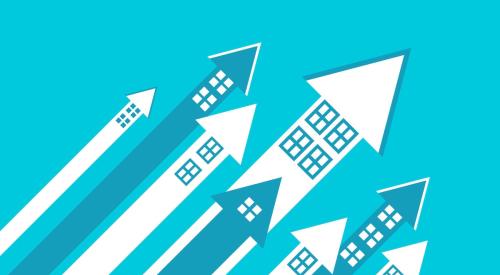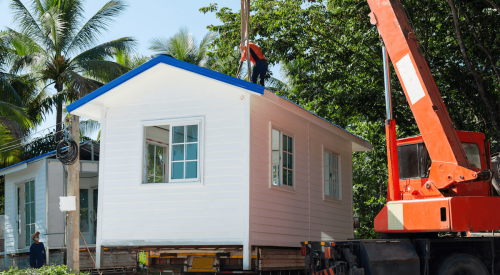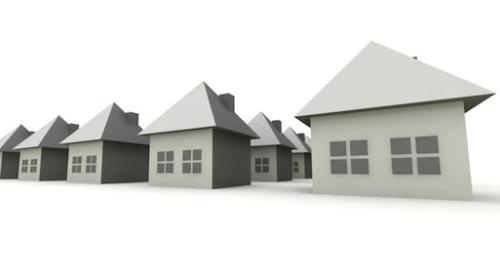The home and neighborhood a child lives in becomes a crucial part of their development. Emotional and behavioral problems are linked to poor quality housing, zip codes can make a 30-year difference in a person’s lifespan, and access to high-quality education depends on location. And now, as many sectors of the economy are reevaluated, rethinking housing should be a main priority, says the Joint Center for Housing Studies of Harvard University. Senior research fellow Michael Stegman argues that housing predetermines multiple facets of a person's life, and with something so critical, policies like exclusionary zoning and the eviction process should be better suited to help.
The economic pain we are experiencing in the wake of the pandemic calls for unprecedented government action to contain the fallout from a policy-induced economic coma. It also presents an opportunity to reconsider how the economy works and whether it can work better for more people.
One of the best ways we can expand opportunity for more people? We can change the way we think about housing.
Why focus on housing? Because it’s economic destiny
A house and neighborhood play a critical role in every household member’s life. In some cases, your zip code can be a matter of life and death. In Chicago, average life expectancy for those born at the same time but in different neighborhoods can differ by as much as 30 years. Poor-quality housing is directly tied to child emotional and behavioral problems and early development delays.












